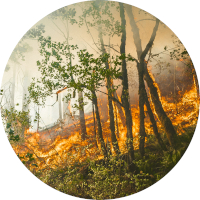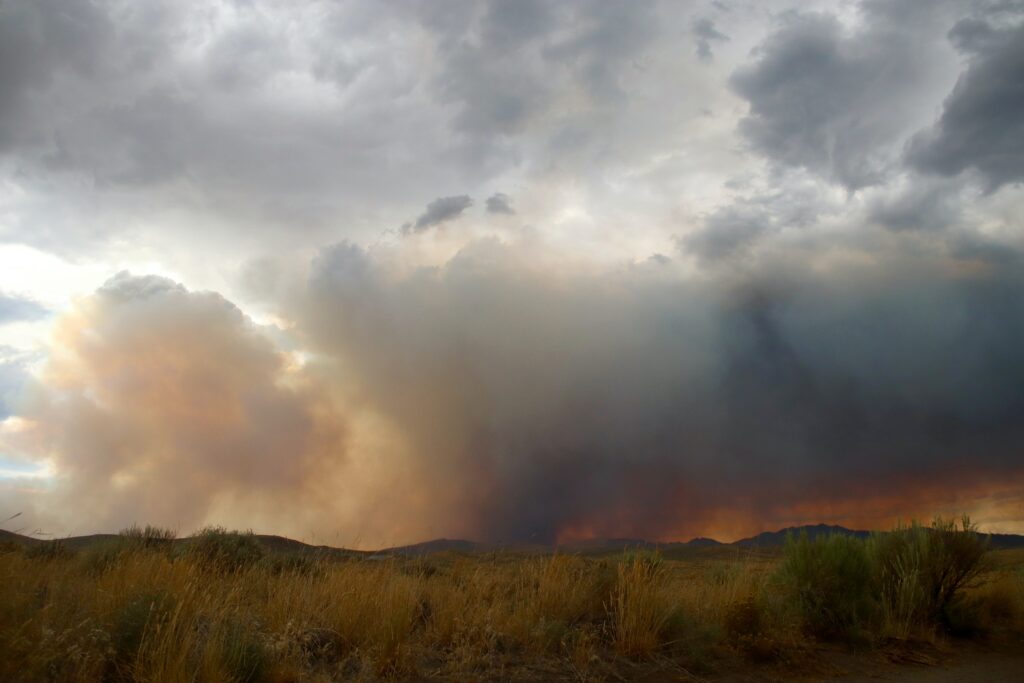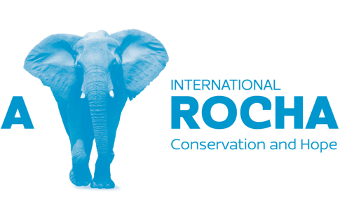Wildfires, logging and climate change
 With over 5 million acres (2.25 million hectares) burned in three coastal states and fires dotting the US West, many communities have evacuated, and a few have burnt down – over 1,000 homes are gone. Smoke has created very unhealthy air quality and has been detected in Europe.
With over 5 million acres (2.25 million hectares) burned in three coastal states and fires dotting the US West, many communities have evacuated, and a few have burnt down – over 1,000 homes are gone. Smoke has created very unhealthy air quality and has been detected in Europe.
Mark McReynolds is the Director of SoCal A Rocha. He previously led a federally funded, three-year effort to educate teachers on forest issues and has a PhD in Environmental Studies. He says, ‘People want answers. The logging industry is calling for “fuel reduction”, aka logging, which sounds reasonable, but diverts attention from climate change (the driver of increased intense wildfires), from practical steps to save communities, and from evidence that logging makes fires worse.’
Chad Hanson, a fire ecologist with the John Muir Project and friend of A Rocha, argues that logging does not stop fires. Fires burn hotter and faster in logged forests and do not tend to burn more intensely in dense forests¹ or in forests with high numbers of dead trees². Logging also creates local environmental problems and annually emits more carbon in the USA than residential and commercial sectors combined³ – creating more climate change.
Unless there is change, more and larger fires are likely a new normal. A Rocha USA is encouraging people to ask their elected officials to address climate change and assist communities to develop protective housing construction and zoning regulations that minimize wildfire effects on people.

Photos by Karsten Winegeart and Manny Becerra on Unsplash
